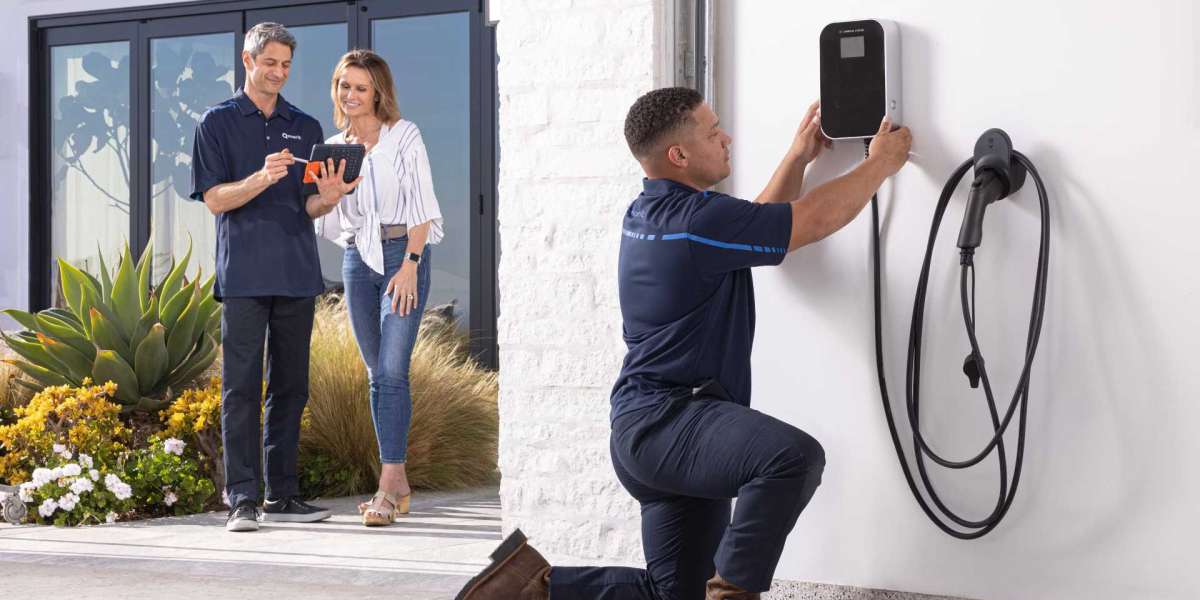Running a commercial kitchen involves more than just great food and fast service—it requires a strong commitment to cleanliness, safety, and regulatory compliance. One of the most critical aspects of kitchen maintenance is ensuring that every surface, appliance, and ventilation system is properly cleaned. A dirty or poorly maintained kitchen can lead to health code violations, food contamination, or even dangerous fires caused by grease buildup.
Choosing the right commercial kitchen cleaning company is not just a smart business move—it’s an essential step in protecting your restaurant, staff, and reputation. But with so many service providers offering similar solutions, how do you find the right one? This guide breaks down the key factors to consider and what makes a cleaning company truly reliable and effective.
Know What Kitchen Cleaning You Need
Before you start your search in Summerville SC, take inventory of what areas in your kitchen need professional care—something SC SoftWash Pro specializes in with comprehensive commercial cleaning services. A quality commercial kitchen cleaning company should be able to handle:
- Deep degreasing of exhaust hoods and ducts
- Kitchen floor and wall sanitation
- Equipment cleaning and disinfection
- Grease trap maintenance
- Ventilation system cleaning
- Drain and trap flushing
The best providers tailor their services to your kitchen’s layout, cooking volume, and local health requirements.
Look for Industry Certification and Compliance
A trustworthy company should have proper industry certifications and be up-to-date with NFPA 96, OSHA, and local health department regulations. Certifications ensure the cleaning crew is trained to clean exhaust systems, ductwork, and other components safely and effectively.
Also ask if the company provides service reports, which many health inspectors and insurance companies require for proof of compliance.
Check Experience and Specialization
Experience matters. Choose a provider that specializes in commercial kitchens rather than general janitorial services. Look for companies that:
- Have experience with high-volume restaurant kitchens
- Use food-safe degreasers and EPA-approved cleaning agents
- Understand how to handle grease removal, equipment disassembly, and ventilation hazards
- Offer service frequency options based on your kitchen's needs (e.g., monthly, quarterly)
You want professionals who know the ins and outs of restaurant operations—not just surface-level cleaners.
Ask About Equipment and Techniques Used
A modern commercial kitchen cleaning company should use advanced tools that provide deeper, more efficient cleaning. These include:
- High-pressure steamers and hot water extractors
- Rotating duct brushes and vacuums for exhaust systems
- Eco-friendly degreasers that meet local disposal standards
- Personal protective equipment for staff safety
Also ask if they clean behind and underneath appliances, and whether they sanitize touchpoints like handles, switches, and door edges.
Read Reviews and Ask for References
Word of mouth still matters. Check online reviews, testimonials, or industry forums to learn about other restaurants' experiences. Look for feedback about:
- Punctuality and professionalism
- Thoroughness of cleaning
- Communication and responsiveness
- Compliance with health and safety standards
You can also request references from businesses similar to yours to verify the company’s consistency and service quality.
Confirm Scheduling Flexibility and Emergency Services
Commercial kitchens often operate outside the standard 9–5 schedule. Choose a cleaning company that can:
- Work after hours or during downtime
- Offer emergency cleaning services after spills or grease fires
- Provide recurring service plans based on usage and local laws
A responsive and flexible cleaning partner helps keep your kitchen operational with minimal disruption.
Conclusion
Choosing the right commercial kitchen cleaning company is a decision that impacts safety, compliance, and operational success. A professional, experienced, and certified provider can protect your business from fire hazards, help you pass health inspections, and maintain a hygienic environment for your staff and customers. Don’t settle for general cleaning—partner with a team that understands the unique challenges and standards of commercial kitchens.
FAQs
Q1: How often should a commercial kitchen be professionally cleaned?
High-volume kitchens should schedule cleaning every 1 to 3 months. Lower-volume operations can go up to 6 months, depending on local health codes and cooking frequency.
Q2: What certifications should a cleaning company have?
Look for compliance with NFPA 96, OSHA, and local environmental health departments. Membership in professional associations like IFE or ISSA is a plus.
Q3: Can regular staff handle deep cleaning tasks?
Staff can manage daily wipe-downs and surface cleaning, but deep tasks—like duct cleaning, exhaust hood degreasing, and grease trap servicing—require trained professionals with specialized equipment.
Q4: What areas of the kitchen are often missed during cleaning?
Commonly neglected spots include behind appliances, inside vents, under fryers, and grease-laden ductwork. A qualified cleaning company knows how to access and clean these hidden zones.
Q5: How much does commercial kitchen cleaning cost?
Costs typically range from $300 to $1,500+, depending on kitchen size, service scope, and buildup level. Emergency cleanings or large duct systems may cost more.








